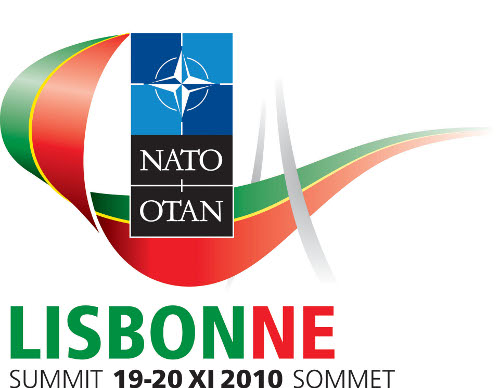
As Alliance leaders gather in Lisbon, they must be able to address these top challenges in order to declare Lisbon a success:
Transition in Afghanistan: Will NATO project a united front on transition of the ISAF mission to Afghan security forces, or will the Allies appear to be rushing for the exits under political pressure from home to withdraw before a 2014 target date for transition?
Strategic Concept: Will Allied leaders approve a new blueprint for NATO’s future which unifies the Alliance and rallies its parliaments and publics around a clear mission for NATO in the next decade? Or will the new Strategic Concept fail to bridge differences in vision and further undermine a sense of solidarity within the Alliance? Can the document amount to more than a sheet of paper given challenges of political will and funding?
Missile Defense: Will NATO Allies agree to make missile defense a core mission of the Alliance? Or will Turkey frustrate the Obama administration’s plans? Will Russia agree to participate in a European missile defense system? Or will President Obama face Russian objections to greater cooperation on missile defense?
Defense in Austerity: Will NATO members endorse targeted initiatives to enhance cooperation on defense to preserve NATO’s fighting capability and the credibility of Article 5 in the face of falling defense budgets? Or will allies instead view the financial crisis as an excuse to make further cuts to defense budgets and allocate remaining defense dollars towards the preservation of national defense industries?
Cyber Security: Will NATO agree to concrete initiatives to enhance NATO’s posture and profile on the cybersecurity threat to member states or will it merely tweak limited, existing cyber initiatives aimed at protecting NATO infrastructure?
NATO-Russia: Two years after a suspension of ties following the Russia-Georgia war, will Russia agree to collaborate with NATO on missile defense and enhance its support to the NATO mission in Afghanistan? Or will President Medvedev use his attendance to sow division between the United States and Europe and create further unease among Central European allies about the wisdom of the Obama ‘reset’ policy?
Enlargement: Will Lisbon signal to aspiring allies that further enlargement is off the table in the near-term? Or will leaders’ reiteration of an open door policy bolster prospects of membership for countries like Montenegro and Georgia?
Nuclear Policy: Will President Obama’s vision of a world without nuclear weapons embolden Allies to push for the withdrawal of U.S. nuclear weapons from Europe? Or will NATO link its nuclear policy to reciprocal moves on the part of Russia?
Damon Wilson is Vice President and Director of the International Security Program at the Atlantic Council. Jeff Lightfoot is an Associate Director of the Atlantic Council’s International Security Program.
This article is part of a New Atlanticist discussion – The 2010 Lisbon Summit: A New Atlanticist Forum – on the Summit’s expectations, areas of focus, and potential outcomes.
Image: Lisbon%20Logo%20500_0.jpg
